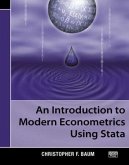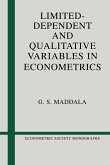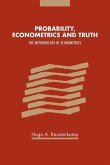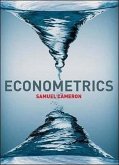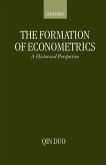One of the great success stories in economics and game theory during the latter half of the 20th century was the systematic theoretical investigation of incomplete information in different economic environments, including auctions. From an econometrician's perspective, theoretical models of incomplete information are particularly compelling because they provide richer explanations of the observed heterogeneity in data than ones relying on measurement error or productivity shocks. Models of auctions are especially attractive because the rules of an auction govern how the potential buyers must behave during the selling process. Unlike in other economic applications, these rules place incredible structure on the data generating process. In particular, under certain conditions, the twin hypotheses of optimization and equilibrium allow the econometrician to identify the unobserved distribution of valuations from the observed distribution bids. Because the primitives of the economic model are identified, the Lucas critique is circumvented and comparative institutional design, such as comparing outcomes under alternative market institutions not observed in the data, can be undertaken. Structural Econometrics of Auctions summarizes the structural econometric analysis of observational data from auctions. First developing the necessary economic theory, then mapping this to the data-generating processes, and finally investigating the various estimation strategies. Throughout the review, the authors illustrate the methods using a variety of examples, from timber auctions to eBay auctions and auctions of advertising on the Internet.
Hinweis: Dieser Artikel kann nur an eine deutsche Lieferadresse ausgeliefert werden.
Hinweis: Dieser Artikel kann nur an eine deutsche Lieferadresse ausgeliefert werden.


